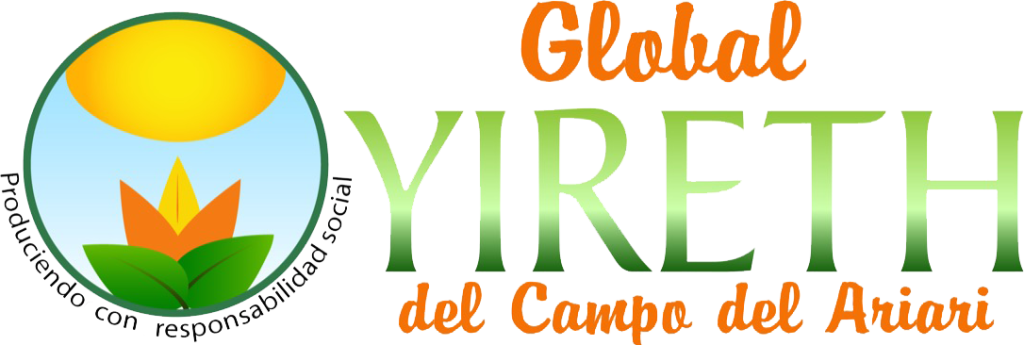Inventory asked questions
Yes. American farmers and ranchers are the starting point in our nation’s food chain, which produces the safest food supply in the world. The U.S. Department of Agriculture (USDA) and the U.S.
Energy is like food — we need it every day, but we don’t often think about where it comes from or what it takes to produce it. To keep the lights on (and other important functions) every day, we can’t depend on one single source of energy. In fact, energy is used to make electricity in the U.S.
Farmers and ranchers take food safety seriously. The food they raise is subject to extensive food safety regulations and inspections, and technology allows food to be traced back to the farm that produced it. Farmers and ranchers have a vested interest in food safety — the food they produce is not only for consumers, it is for their family.
Natural and organic are not interchangeable terms. According to the Food Marketing Institute, “the term natural applies broadly to foods that are minimally processed and free of synthetic preservatives.” According to the USDA, “Organic is a labeling term that indicates that the food or other agricultural product has been produced through approved methods that integrate cultural, biological and mechanical practices that foster cycling of resources, promote biological balance and conserve biodiversity.
Frequently asked questions
According to the U.S. Food and Drug Administration (FDA), “FDA has not developed a definition for use of the term natural. However, the agency has not objected to the use of the term if the good does not contain added color, artificial flavors or synthetic substances.” There are many naturally occurring toxins and carcinogens. Nicotine, opium, heroin, morphine and cocaine all come from plant sources. Arsenic, radon, lead and strychnine are all natural. The term “natural” should not be considered a label to help the consumer make a decision.
Synthetic fertilizers are not allowed in certified organic products, but select pesticides are allowed. The USDA National Organic Program (NOP) oversees organic certification. Organic producers must follow a strict process for production and processing of products. But organic does not mean “without pesticides.” Natural pesticides and synthetic pesticides are allowed in some cases. The NOP requirements provide a list of synthetic substances that may be used in organic production as long as these do not contaminate crops, soil or water.
This general statement is a common misconception. Several naturally occurring pesticides are highly toxic, even carcinogenic. Copper sulfate is highly toxic and shown to cause liver disease. Rotenone is a plant extract found in some species within the pea family. It has received significant attention because of studies indicating a potential link to Parkinson’s disease.
Farmers actually have lower overall cancer rates than the general population. The National Cancer Institute conducted an “Agricultural Health Study.” The study began in 1993 and continued through 2011. The study concluded that farmers in many countries, including the U.S., have “lower overall death rates and cancer rates than the general population.” This is due primarily to lower smoking rates among farmers and a very active lifestyle.
Our Supporter
Sed ut perspiciatis unde omnis iste natus error sit voluptatem accusantium doloremque laudantium, totam rem aperiam, eaque ipsa quae ab illo.





